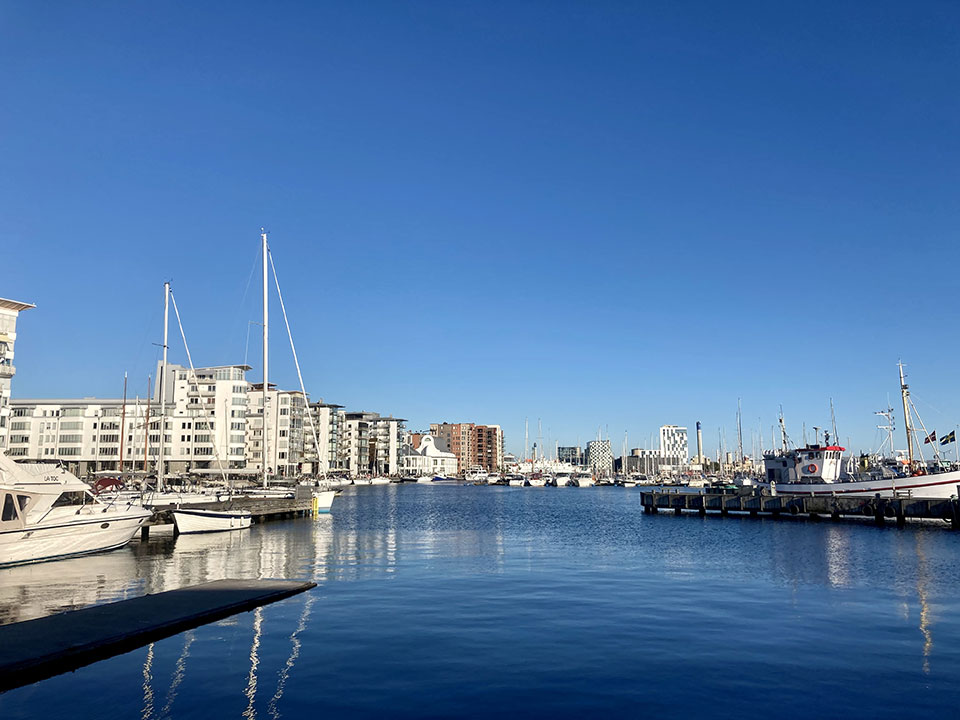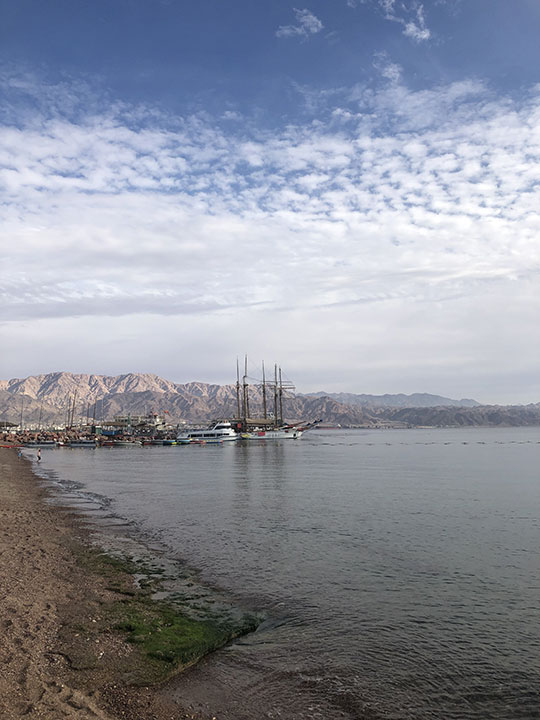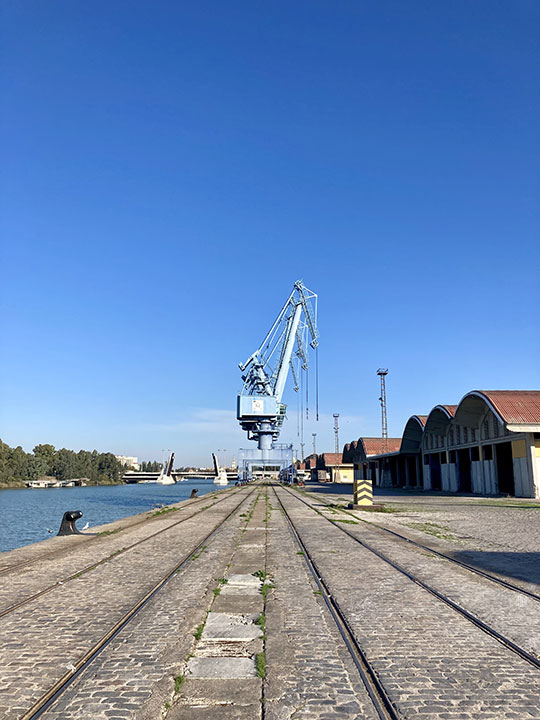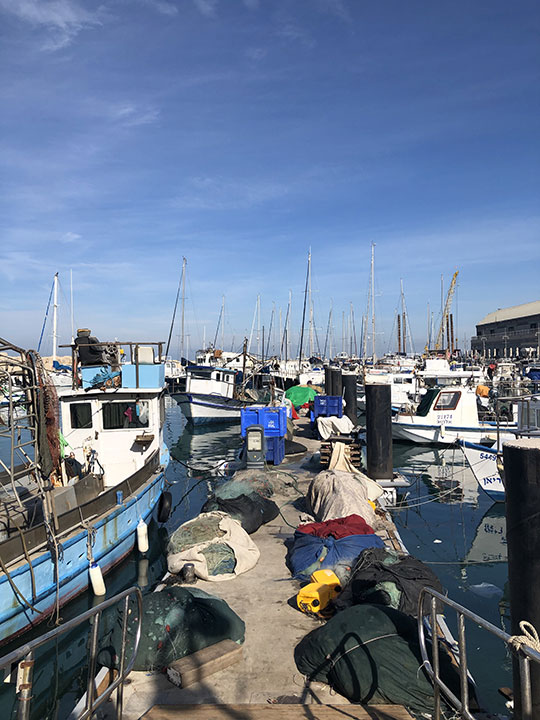Port of the Future is a project by Vigla expressed in this web platform and a publication. The research was developed by Ramon Marrades, Paloma Medina, Júlia Gomar, Julia Pineda and Marta Popiolek. Port of the Future is funded by Compromís València.
Motivation
Barcelona

Amsterdam

Helsingborg

Eilat

Seville

Jaffa

Framework
Port of the Future (Port del Futur) is a reflection on one of the most important and complex areas of the economy and territory, that of waterfronts and port infrastructures. Ports are functionally the nodes of international exchange and trade networks. They are the points through which the production and consumption system is connected to other transoceanic territories. Spatially, they have been the main points of contact between society and the sea. They form a protective space to facilitate this relationship, facilitate the activities of seafarers and serve as a gateway for people, innovations and knowledge.
In light of the above, a consideration on the topic of ports must be based on a broad context in order to understand the duality that prevails in port systems as points of contact between global and local realities. This dual reality is the main element of tensions in this system. Currently, ports operate as free zones that do not require uniform regulations to maintain their competitiveness and the flow of traffic in world trade. However, their operation is associated with high pressure on the territory, with negative impacts such as pollution, traffic congestion or artificial land use.
In addition to the inherent conditions of port activity, the current situation of fragile equilibrium in the global context brings with it other variables that mark the present as the right time to open a dialogue for joint reflection on alternatives. The climate crisis and the difficulty in predicting changes in global dynamics affect the planning of major infrastructures, including transport. As we have seen in other contexts with the halting of road building in Wales or the debate around the expansion of Heathrow Airport, the future viability of major infrastructure developments is being questioned and requires a comprehensive and complex consideration, which this project seeks to provide.
The main objective of the work is to study the approaches and alternatives to create a port that reconciles local interests with the profitability of its commercial and logistical activity at the service of the economy rooted in its surroundings. Our starting point is to define proposals that reconcile the development of the port with the principles of general and public interest. This means that we need to look for alternatives that ensure its redistributive potential, the model's ability to be equitable and, of course, its responsibility towards the environment and the people who inhabit it.
Port of the Future arose in the context of the debate on the development of the Port of Valencia and the conflict over the proposed extension of the northern terminal. Beyond this specific conflict, the lack of a shared vision for the future has become evident, making dialogue between the parties and the elaboration of mutually agreed solutions difficult.
We want to create a framework that allows us to have a constructive conversation, to develop consensus and shared visions with the different actors of the city-port-territory ecosystem.